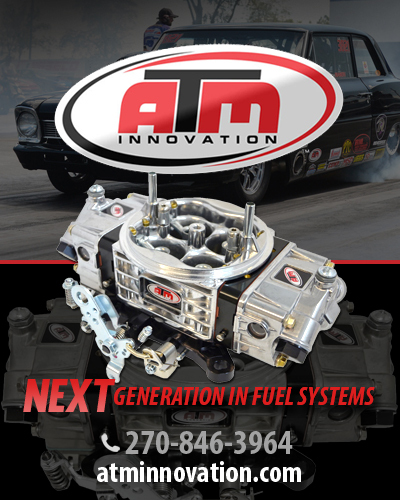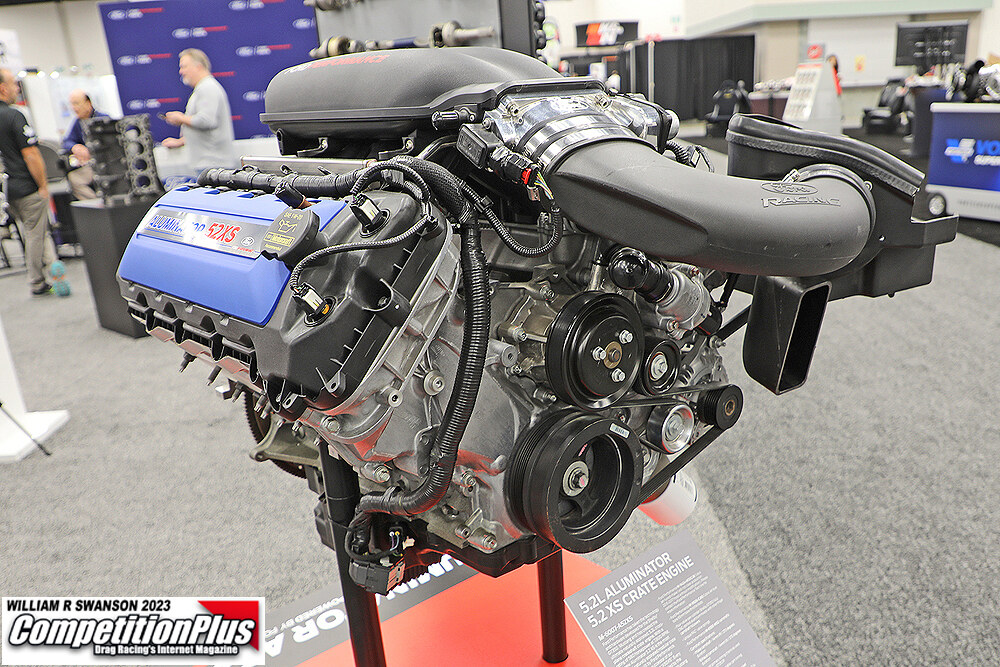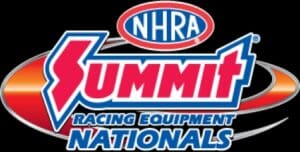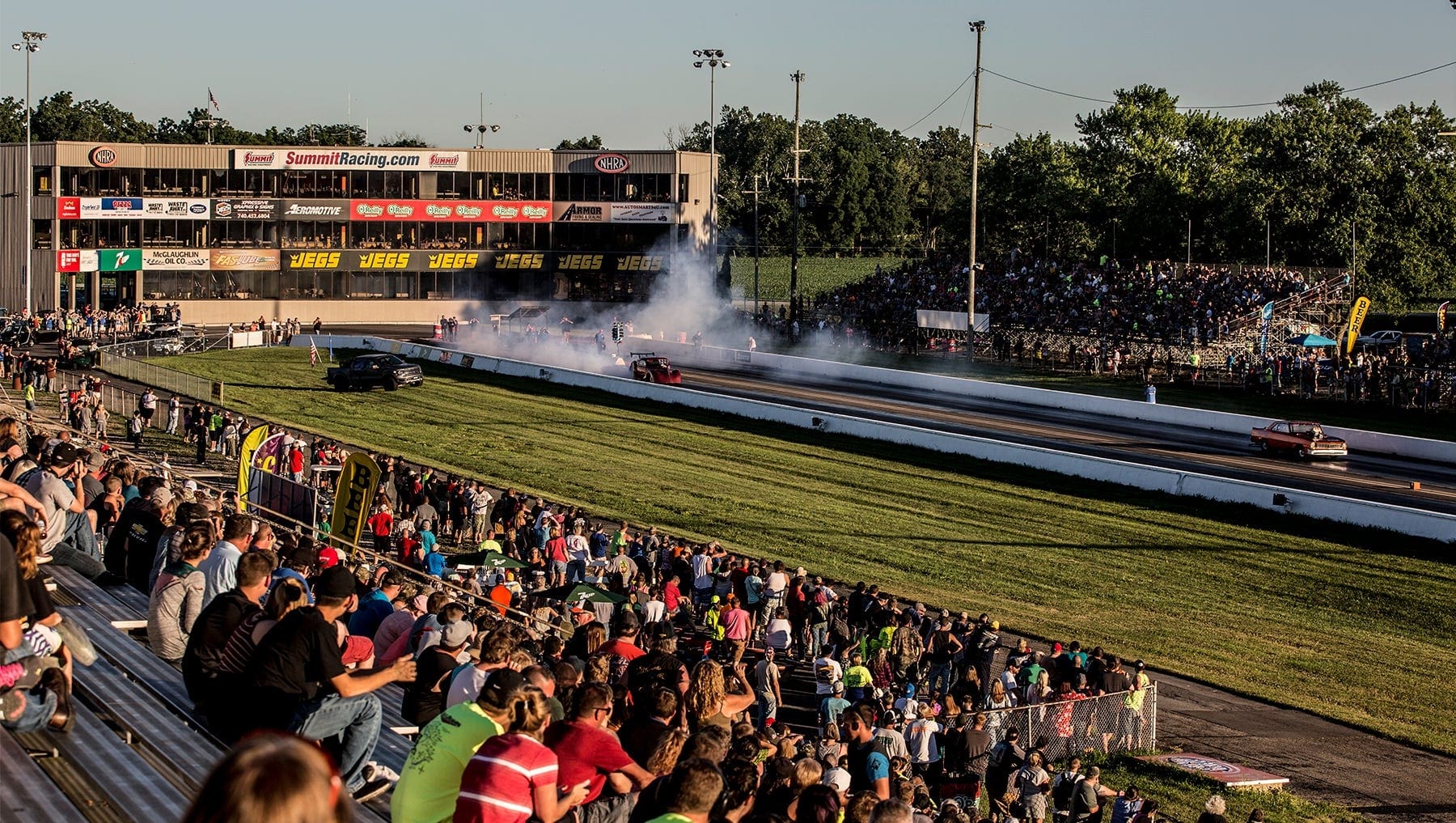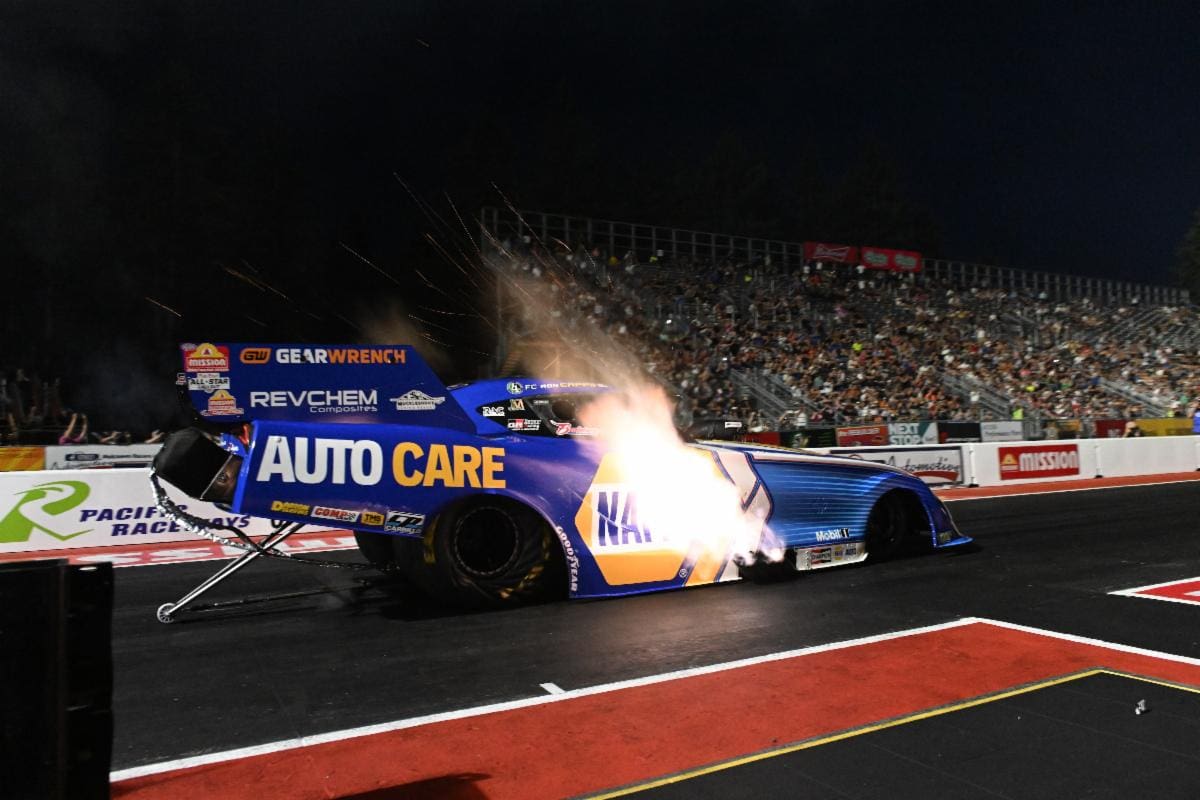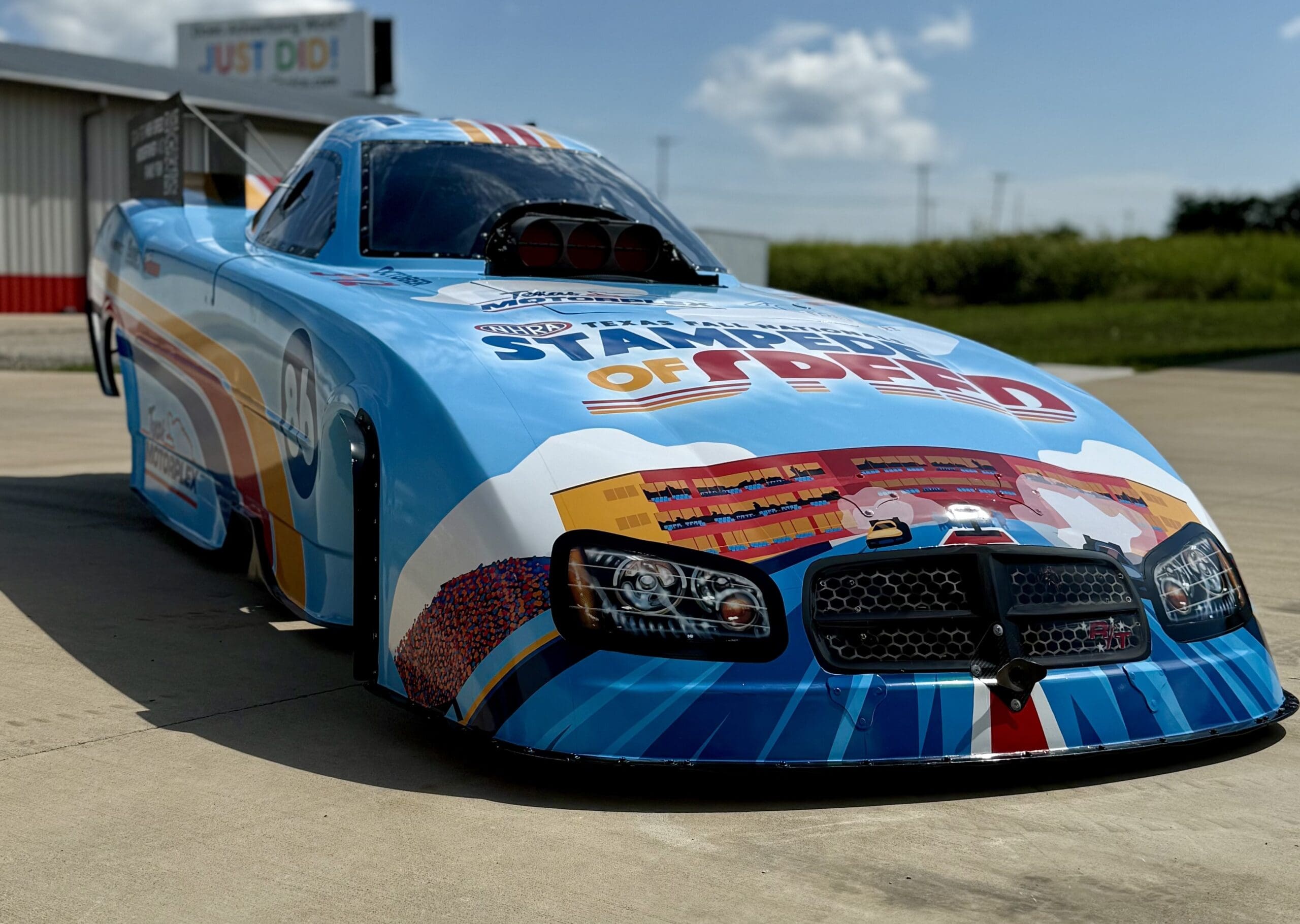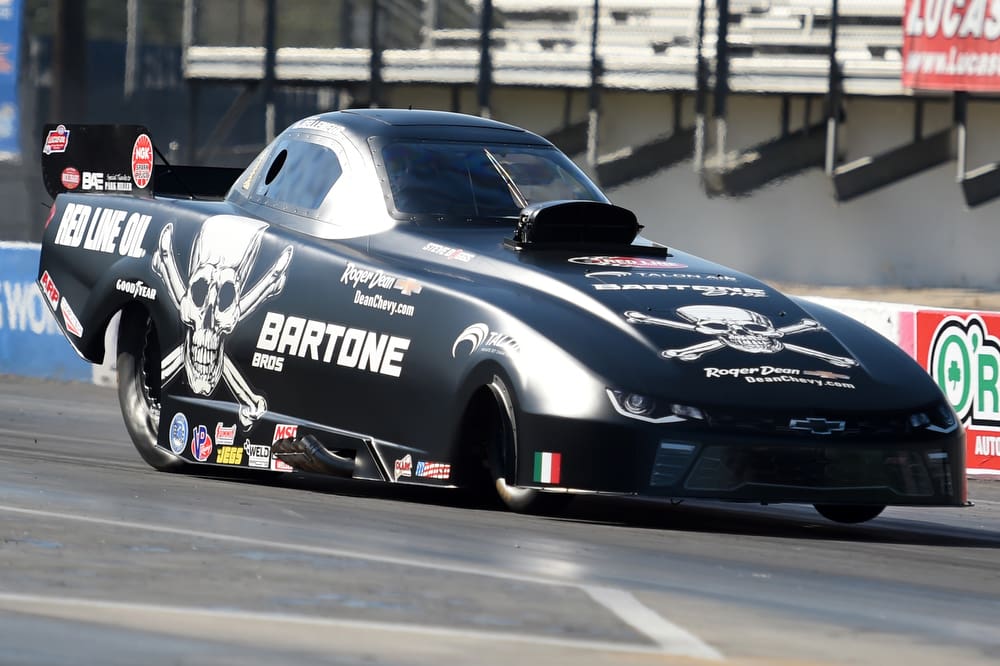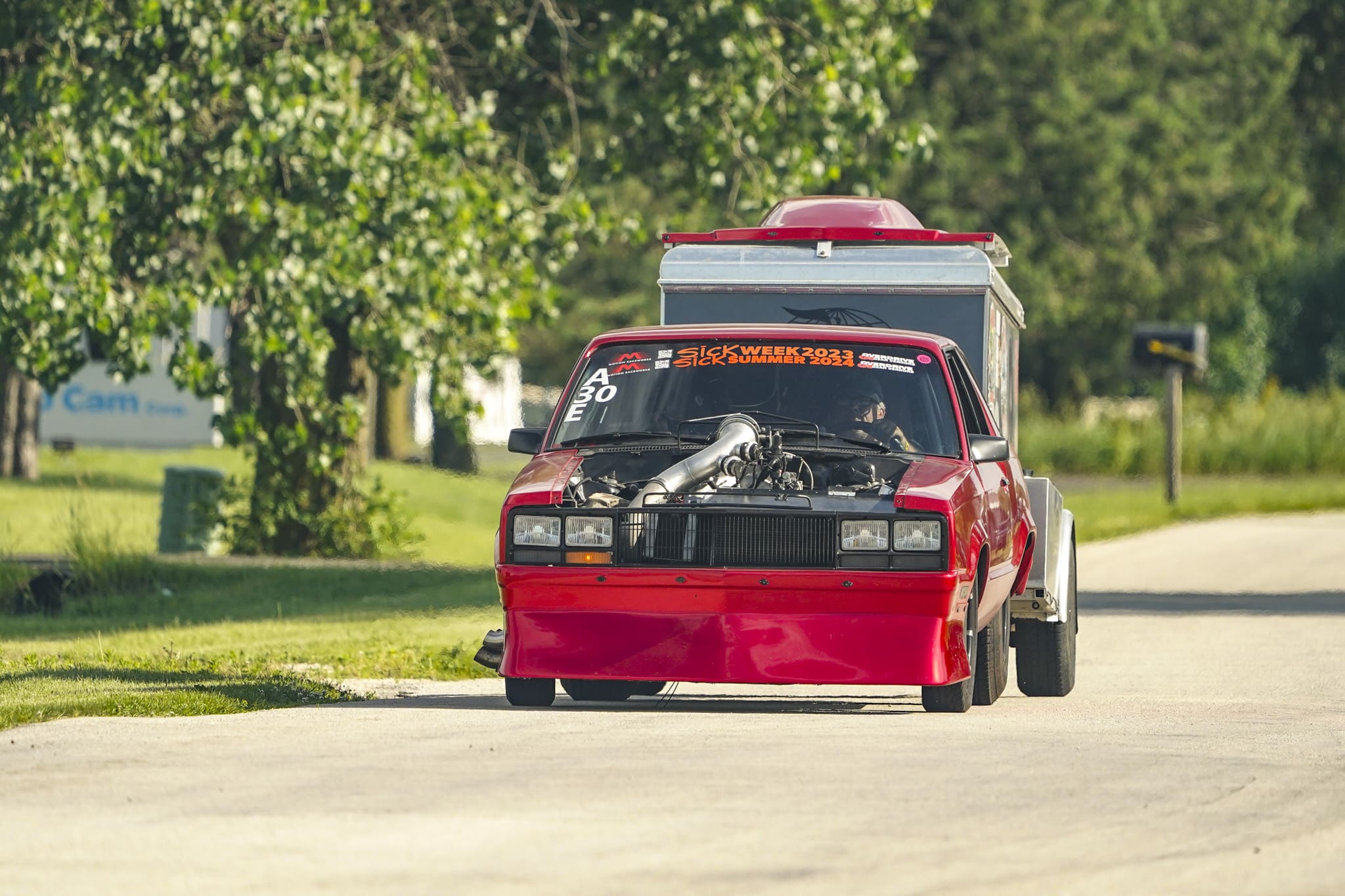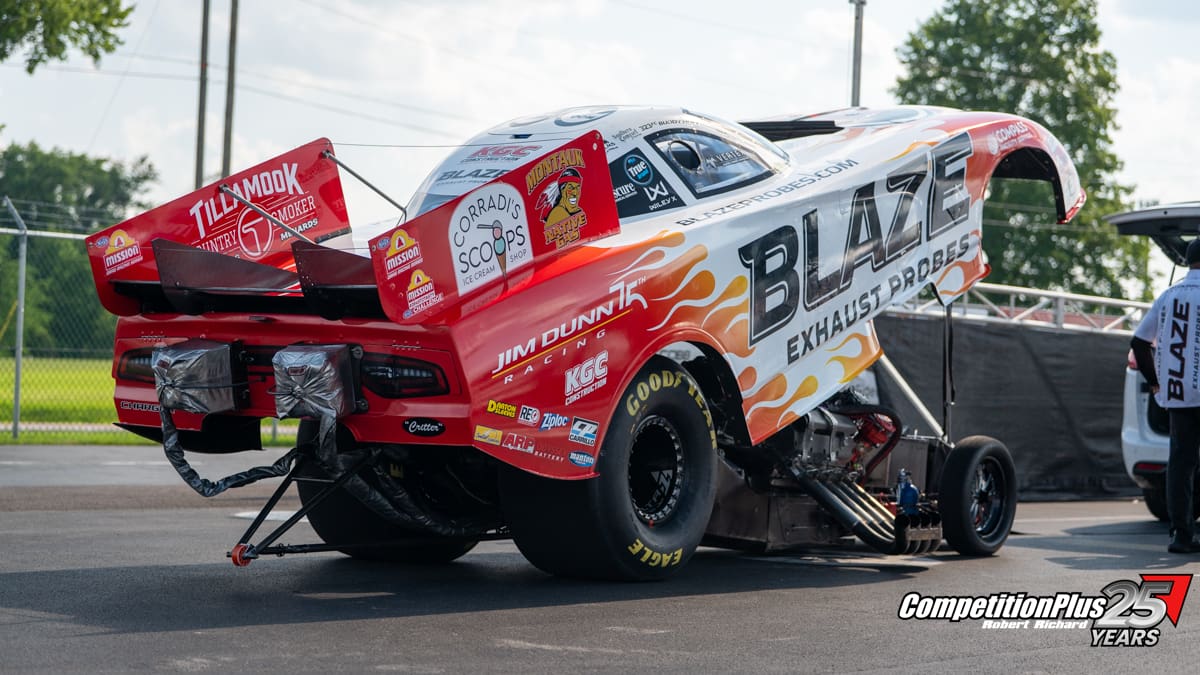 It has often been said that the greatest tribute an athlete can be paid is simply to be remembered.
It has often been said that the greatest tribute an athlete can be paid is simply to be remembered.
In that case, nobody’s going to forget Bobby Warren for generations to come.
That’s true for multiple reasons.
Warren, who will be 85 on June 10, is still winning rounds at NHRA national events; the oldest driver to do so in a sportsman category, and as recently as April in Charlotte. That’s on top of the three NHRA championships he won between 1970-78, achievements which played a major role in him being the first sportsman racer chosen for the International Drag Racing Hall of Fame.
Then there are his sons, Jeff and Joey, both of whom are NHRA national-event winners. Jeff is also a former IHRA world champ..
Each of them has a child who drag races as often as possible. In Joey’s case, it’s son Joel, who won Stock at the 2015 Four-Wide Nationals, and in Jeff’s, it’s daughter Brooke Foley, who competes in the very tough Super Comp category. Brooke’s 2-year-old son Langdon is hooked on the sport, too, making a beeline to his father Steve’s bracket cars whenever he visits the Warren Engines shop in Clinton, N.C. He potentially represents a fourth-generation drag racer with Warren genes.
Bobby Warren still puts in a full day’s work at the facility he began, but first begins the day at “a little ol’ country store between here and the house” with friends who “sit around and tell lies and all that kind of stuff.”
And even though he proclaims he “ain’t in no hurry to do nothing,” he’s usually at the engine shop by 9 a.m. every weekday and stays until the door on the last bay is rolled shut.
When he’s not racing, he’s can often be found at a dragstrip watching his sons and grandchildren compete. He’s “a little picky” about when he’ll race, generally opting to limit his participation to the spring and fall because he “just can’t stand” the summer heat.

All five were in action in mid-May at the Virginia NHRA Nationals, and all five were sent home in the first round of eliminations. That’s the exception, not the rule, in the Warren camp. Two weeks earlier, Jeff was the runner-up in Super Stock at the Arby’s Southern Nationals in Commerce, Ga.
Bobby’s racing career goes back almost as far as NHRA’s first U.S. Nationals in Great Bend, Kan., in 1955. A tobacco and hog farmer at the time, Warren began “just messing around” with the sport with a hometown buddy, Earl Smith, at tracks in their area.
“I was taking in a little stuff at the shop at my house back then. Earl had a ‘57 Chevy, and we were working on that thing trying to get it to go a little faster,” Warren said. “Earl wasn’t that crazy about driving himself, so I got to driving it.”
By 1966, Warren decided to venture out to NHRA national events on a regular basis.
“I reckon I was just interested in racing away from home,” he said. “After I went to the first one or two and was halfway competitive and won some, I stayed with it. The money was better.
“I made more money messing with them cars than I did farming. I enjoyed my farming. I used to tell people, when I was farming and racing, it was hard to tell when I quit work and went to play. I couldn’t ever figure that out,” he said with a chuckle.
In 1970, at Dallas International Motor Speedway, Warren became an NHRA champion for the first time, parlaying a Southeast Division title into the national crown in Stock. Four years later, he was atop the heap in Super Stock at year’s end.
 In 1978, Warren took both the NHRA title as well as the Grace Cup, a separate competition within NHRA that pitted all sportsman-category racers in a season-long chase for a $15,000 top prize.
In 1978, Warren took both the NHRA title as well as the Grace Cup, a separate competition within NHRA that pitted all sportsman-category racers in a season-long chase for a $15,000 top prize.
He won four NHRA national events in that ‘78 season, and he was unbeaten in 12 national-event finals when he lined up for the last run of the U.S. Nationals. He had overcome an underperforming car throughout the day but came up short in the finale, and a post-race inspection of his engine found evidence that someone had poured syrup into his fuel tank overnight.
Figuring he had proved all needed to and needing to spend more time building the engine business and its adjacent auto parts store, Warren curtailed his traveling except for when he wanted to combine drag racing and sightseeing with his wife, Willa. Warren didn’t win another national event until 1992, when he scored at Sonoma, Calif. He’s raced at NHRA national events in Canada and 2,938 miles from home in Kent, Wash.
His last national-event victory came at Bristol, Tenn., in 2004. Joel was just 10 then and was his grandfather’s traveling partner for the weekend
When the win light came on in Bobby’s lane in the finals, Joel said, he jumped up from his seat in the grandstands “and just ran to the end of the track to meet him. I was just really happy. He said, ‘How’s that for waiting 12 years (between wins)?’ I said, ‘That was pretty good, wasn’t it?’ He said he was just tickled to get to the final round again.”
That’s about as outwardly excited as Bobby Warren gets.
“He doesn’t show a lot of emotion,” Jeff said. “But you can hear him talk to other people sometimes or other people will tell you he said he was enjoying it.”
Bobby’s sons couldn’t help but take an interest in drag racing. When he worked out of the shop behind his rural home off U.S. 421 south of Clinton, Bobby’s boys were constantly lending a hand wherever they could.
“They were out in the shop with me all the time,” he said. “I wasn’t gone from home to work, I was around home and they were there all the time. They got interested in it, helping me along.”
Jeff said he and his brother didn’t get a lot of driving tips or tuning help from their father. Bobby’s way was to let them figure much of it out on their own based on what they had learned from observing him and applying their own experience.
“I always had the option of him being there and helping me. He let me screw it up myself a lot, then would help me realize how it should have been,” said Jeff, who won IHRA’s Hot Rod championship in 1999.
“When you’re growing up, you’ve got to learn it on your own. Even if I didn’t want to admit that it was the right way to do it, I guess it was for sure. He didn’t really have anybody to help him, and he kind of wanted us to learn it the same way.”
“He’s kinda low key. He doesn’t do a lot of talking,” Joey added. “You pretty much hear how happy he is about our racing from somebody else, that’s just his nature. He loves to see Joel and Brooke run and do good.”
The Warrens have occasionally gone head to head at the track. In 2005, for instance, a then-14-year-old Brooke edged Joel, 11, for the Junior Dragster trophy of an IHRA divisional meet at Kinston (N.C.) Drag Strip.

 Brooke has the quickest car of the clan when she climbs aboard her pitch-black Super Comp dragster, which will reach 175 mph in the quarter. An obstetrics nurse in her hometown at Sampson Regional Medical Center, she’s hoping to earn her license in Top Dragster in late June.
Brooke has the quickest car of the clan when she climbs aboard her pitch-black Super Comp dragster, which will reach 175 mph in the quarter. An obstetrics nurse in her hometown at Sampson Regional Medical Center, she’s hoping to earn her license in Top Dragster in late June.
The biggest tip she’s gotten from someone in the family came from her father, Jeff: If the car doesn’t feel right, quit and come back to race another day.
“And Steve Furr told me one time, ‘Anybody can be a hero, but you’re not going to be a hero with a crunched-up racecar,’ “ she said. “There have a few rounds where I’ve quit with it and it was the right thing to do. If you can put it back in the trailer in one piece, you’ve done something. We’ve had to roll it in the trailer a few times because of broken engines, but not because I’ve rolled the car.”
Bobby Warren doesn’t anticipate retiring from racing. He still puts in a full day’s work — hard work is all he’s ever done — and he enjoys the camaraderie that drag racing offers these days.
“Most everybody has a motorhome and stays at the track now instead of going to motels,” he said. “You do a lot of that, cooking together, that kind of stuff. You make a lot of friends like that, and customers, too.
“There are very few still around that I raced against and they’re not racing anymore,” he added.
But even while he’s keeping tabs on his sons and grandchildren, racing’s just not the same for Bobby Warren without his wife, who died 12 years ago.
“I miss that woman,” he said. “I ain’t lyin’ to you, I miss her.”
Still, drag racing remains a family affair for three generations of Warrens. The cars in Stock and Super Stock considerably quicker and more expensive than in Bobby Warren’s heyday. Travel has changed, too, Joey said.
“When we went to the races, we used to go with a ramp truck and the car on the back. That’s the way everybody hauled back then,” he said “A lot of times we’d ride in the racecar to the race.”
In the racecar?
“Yeah, there wasn’t enough room in the truck,” he said. “The worst part was having to go to the bathroom and not be able to tell anybody. You had to wait ‘til it was time to get gas. It’s amazing how much things have changed.”
Everything, it seems, except for somebody named Warren at the track — and now there are more of them than ever.
text












